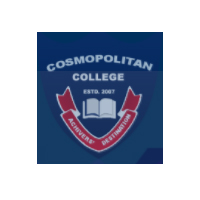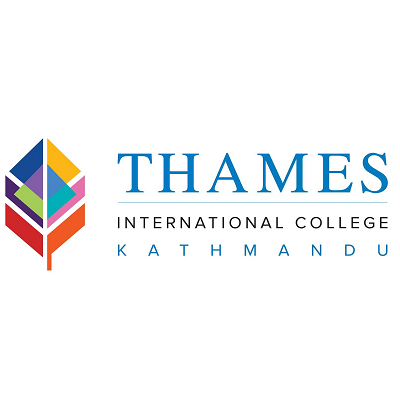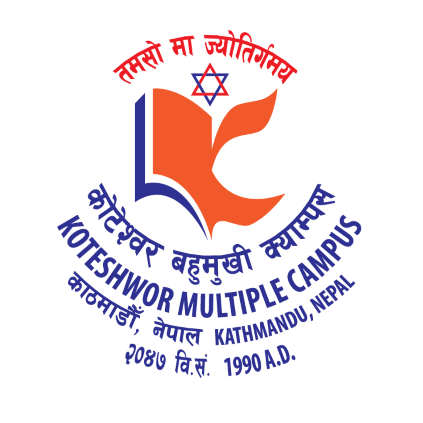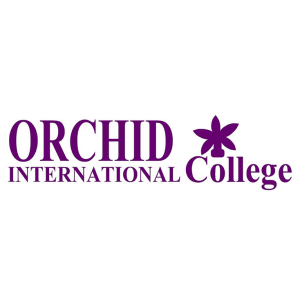Overview
Bachelor of Arts (BA) at Sigma College, Sorhakhutte, Kathmandu
Sigma College runs the Tribhuvan University BA program for students who want a strong base in humanities and social sciences in Kathmandu. The program suits learners who value clear writing, cultural understanding, and social inquiry.
You study subject combinations approved by TU and offered by the college, then build writing and analysis skills needed in academic, development, and media spaces.
Overview
The BA at Sigma College follows TU’s curriculum and evaluation system. The college confirms subject combinations during admission based on TU’s syllabus and available faculty. Students practice critical reading, summary writing, citation etiquette, and short research tasks that fit Nepal’s academic standards.
Highlights
-
TU-affiliated BA with subject combinations confirmed during admission
-
Emphasis on reading, writing, field observation, and presentations
-
Study support through internal tests and tutorial hours
-
Guidance on further study and entry-level roles in Nepal
Curriculum Details
The BA draws on humanities and social science fields. Content areas include:
-
English language and literature, Nepali language and literature
-
Sociology, Population Studies, Culture Studies
-
Psychology and basic research methods
-
Media and communication fundamentals (as offered)
-
Nepal Studies: society, governance, development perspectives
Subject availability depends on TU rules and the college’s current offerings. The academic office shares the final list during admission and orientation.
Objectives
-
Build sustained reading habits and structured academic writing
-
Strengthen analysis of texts, social issues, and historical trends
-
Improve presentation and discussion skills for seminars and viva
-
Prepare students for graduate study or entry-level roles in Nepal
Scope
Graduates explore roles in education support, editing, content writing, development projects, community programs, and media support. Students also consider public service exams or postgraduate study.
Learning Outcomes
-
Write essays, literature reviews, and reports with clear references
-
Conduct simple field observations and short interviews
-
Analyze social themes using basic theories and local examples
-
Present arguments using evidence and organized slides
-
Communicate ideas in Nepali and English for academic settings
Skill Development Modules
-
Academic writing labs: paragraphing, citation, and proofreading
-
Research basics: topic selection, questionnaire design, ethics
-
Communication practice: seminar talks and group discussion
-
Media literacy: news analysis and fact-check routines
-
Portfolio building: curated samples of essays and reports
Teaching Methodology
Faculty conduct lectures, tutorials, document reading sessions, and internal tests. The college arranges review classes before board/annual exams and offers counseling on time management, referencing, and exam strategies.
Admission Requirements
-
Completion of 10+2 or equivalent with minimum D+ in all subjects in Grades 11 and 12; or
-
HSEB/NEB pass or TU Proficiency Certificate Level (PCL) equivalent to Grade 12 pass
-
Subject combination selection and seat confirmation as per intake notice
Career Opportunities
-
Teaching support roles, academic coordination assistance
-
Content writing, editing, and documentation in organizations
-
Community and development program assistance
-
Entry-level roles in libraries, media units, and NGOs
-
Pathway to MA, MSW, or other postgraduate study
Scholarships and Financial Aid
Merit-based and need-based scholarships apply as per college policy. Students submit supporting documents during admission; renewal follows academic progress and attendance norms.
Why Choose This Course?
The BA at Sigma College suits learners who want strong writing, cultural understanding, and analytical habits anchored in Nepal’s academic ecosystem under TU.
Conclusion
Students who value humanities and social sciences gain clear tools for reading, writing, and community-facing roles. The BA at Sigma College supports steady growth through structured study, guidance, and exam-focused preparation.






















